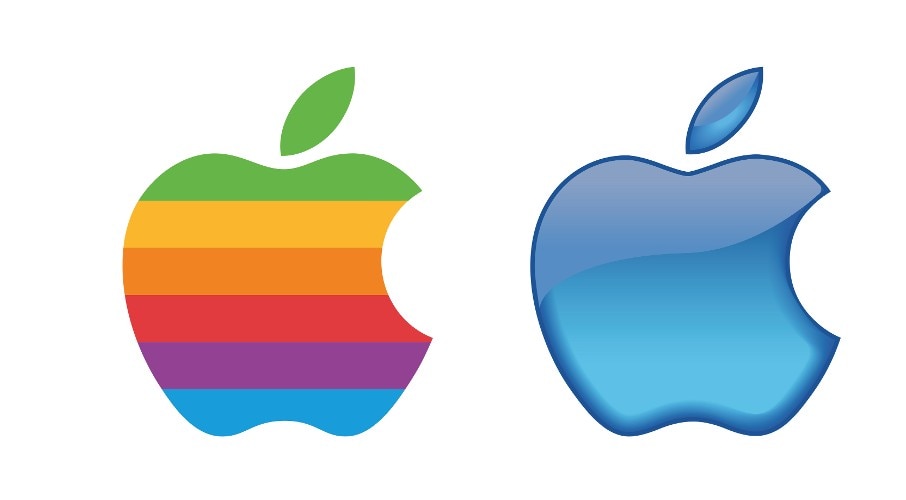The benefits of business systems
Running a business is time-consuming. Business systems can provide a plethora of benefits for business owners looking to scale their efforts, free up valuable time, and produce real results. Systematising your daily operations can yield five benefits.
1. Greater freedom
Many business owners are their company’s Chief Doer, but they never relinquish that role. Gerber says holding on to that control can be a fatal mistake for an organisation looking to grow. Business owners must be willing to hand over the reins to their team members. Systems are the framework through which business owners can delegate tasks.
Strategising and implementing the appropriate business systems can help you scale your business and free up time to work on your business. Use the “working on versus working in” theory to devote your time and energy to activities that can help your business grow. Don’t just focus on the daily operations that merely sustain current success.
Systematising your business means spending more time growing it and less time running it. Are you going on vacation? Enjoy your break, knowing work will get done. Do you want to focus your efforts on acquiring new skills essential for building your organisation? Business systems will help your team complete their initiatives while you’re out. Streamlined procedures can provide much-needed peace of mind when you’re not there to do things yourself.
2. Better delegation
96% of business owners are reluctant to delegate, according to a QuickBooks Live Business survey. Gerber says the failure to delegate can make it impossible to grow your business. Gerber indicates that nothing is off-limits when it comes to delegating a business owner’s responsibilities.
“Business owners should give everything up,” Gerber says. “And when they give everything up, they begin to understand what they shouldn’t give up. So until they give up everything, they will never understand what they shouldn’t give up.”
However, Gerber explains, business owners shouldn’t give up responsibilities without developing systems that produce results. Gerber uses Ray Kroc as an example. Kroc joined McDonald’s in 1954. And his efforts transformed McDonald’s into a global, multibillion-dollar corporation.
“[Kroc] delegated the management work, and he delegated the leadership work,” Gerber explains. “And each of those plateaus of work is a different form of work. And every one of those forms of work was a system that effectively worked again and again and again. He could depend upon them to work in the hands of people who were authoritatively transformed by using the system that worked.”
The above illustrates how business systems streamline delegation. Workers can memorise and apply a dedicated system for a given business process, ensuring they do the job correctly. Furthermore, you can create these systems for virtually every facet of your business and turn new hires into capable team members.
3. Improved consistency
The right business systems can ensure your team produces the best results every time, with or without your involvement. Creating systems with detailed, sequential steps can help your employees follow appropriate procedures and produce the same calibre of product or service. Process improvements can enhance customer experience, streamline product development, and marry previously siloed parts of your business.
4. Added value
Do you plan to scale your business and sell it down the line? A streamlined business may have a competitive advantage when it comes time to sell. Your organisation may be more valuable if you can show how your business systems provide tangible value.
Buyers will be looking for robust systems that show the business will flourish after you depart. Systematising your procedures today can pay dividends in the future. Channelling your business processes into cohesive systems can help it grow and endure.
5. Focused talent
Build business systems on delegation. Matching the right tasks to the right individuals in your organisation allows your staff to focus on what they do best. Assign team members with specific knowledge and skills to tasks that suit them best. And delegate the right responsibilities to new hires from day one. Matching tasks can lead to process improvements that enhance efficiency and turn your organisation into a well-oiled machine.
Ultimately, Gerber argues that business systems can help small businesses weather any situation. Business systems and procedural changes can transform your daily efforts in the face of a pandemic like Covid-19. From marketing systems to accounting systems, streamlining various areas of your business can yield great results.



















